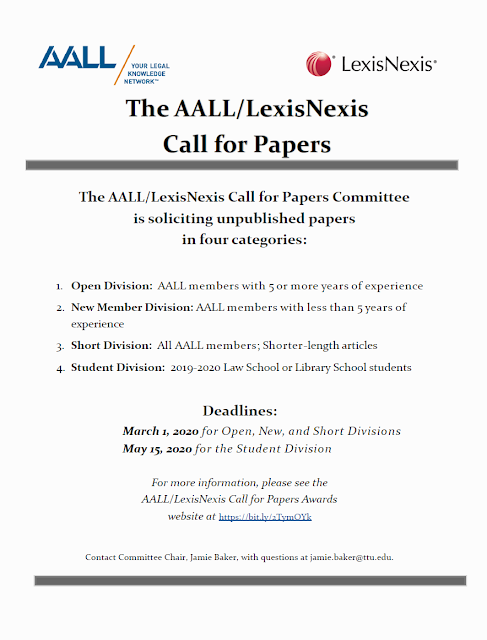Libraries Purge Patron Records For Privacy
The Guardian recently reported on a new best practice in libraries to purge user data in the name of privacy.
As use of the law to acquire patron records since the Patriot Act has increased, librarians have become some of the US’s foremost experimenters in data security. Now they’re doing something even the most security-conscious private firm would never dream of (but have often been encouraged to do by security experts): purging sensitive information in order to protect their users.
For example, the Graduate Center at the City University of New York did something very few private companies would ever do to protect its users’ privacy: it quietly began to purge its interlibrary loan records. “This policy change is motivated by the idea that libraries should not keep more information about their users’ requests than necessary,” wrote Beth Posner, head of library resource sharing at the school.
As mentioned in the article, the information may sound harmless. But Polly Thistlethwaite, chief librarian at the Graduate Center, said that guilt by association with controversial books has a long history and that librarians have a duty to protect readers of “heretical texts."
And with the Patriot Act, it’s become more common to try to force librarians to turn over user information and compel their silence simultaneously. Multiple librarians have pushed back against “national security letters” that would do just that in the name of public safety – a dangerous order to resist, since those letters include a gag order. But in 2005, when the FBI served a national security letter to Connecticut’s Library Connection demanding reading records and hard drives, the librarians resisted with such force that the government capitulated.
And, when it comes to federal authority, few librarians have qualms about “having an adversarial relationship." “They’ve antagonized us so much. Ashcroft called us ‘hysterical,’ and it’s a profession mostly of women, so, you know. That didn’t go over very well.”
After the anonymous records are used for things like collection development, it seems like a step forward in best practices to purge these types of records. "They" can't ask for what we don't have.
As use of the law to acquire patron records since the Patriot Act has increased, librarians have become some of the US’s foremost experimenters in data security. Now they’re doing something even the most security-conscious private firm would never dream of (but have often been encouraged to do by security experts): purging sensitive information in order to protect their users.
For example, the Graduate Center at the City University of New York did something very few private companies would ever do to protect its users’ privacy: it quietly began to purge its interlibrary loan records. “This policy change is motivated by the idea that libraries should not keep more information about their users’ requests than necessary,” wrote Beth Posner, head of library resource sharing at the school.
As mentioned in the article, the information may sound harmless. But Polly Thistlethwaite, chief librarian at the Graduate Center, said that guilt by association with controversial books has a long history and that librarians have a duty to protect readers of “heretical texts."
And with the Patriot Act, it’s become more common to try to force librarians to turn over user information and compel their silence simultaneously. Multiple librarians have pushed back against “national security letters” that would do just that in the name of public safety – a dangerous order to resist, since those letters include a gag order. But in 2005, when the FBI served a national security letter to Connecticut’s Library Connection demanding reading records and hard drives, the librarians resisted with such force that the government capitulated.
And, when it comes to federal authority, few librarians have qualms about “having an adversarial relationship." “They’ve antagonized us so much. Ashcroft called us ‘hysterical,’ and it’s a profession mostly of women, so, you know. That didn’t go over very well.”
After the anonymous records are used for things like collection development, it seems like a step forward in best practices to purge these types of records. "They" can't ask for what we don't have.


Comments
Post a Comment